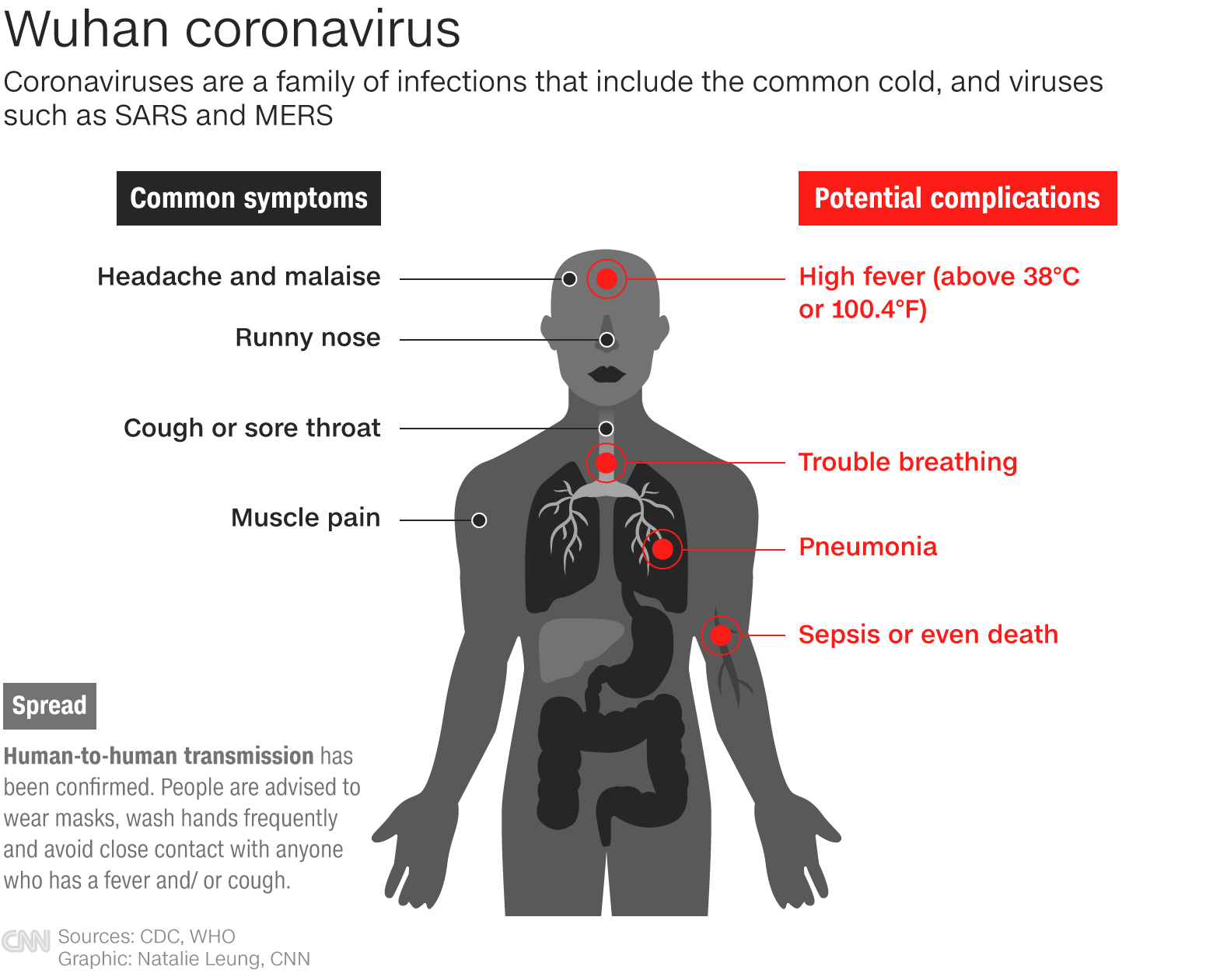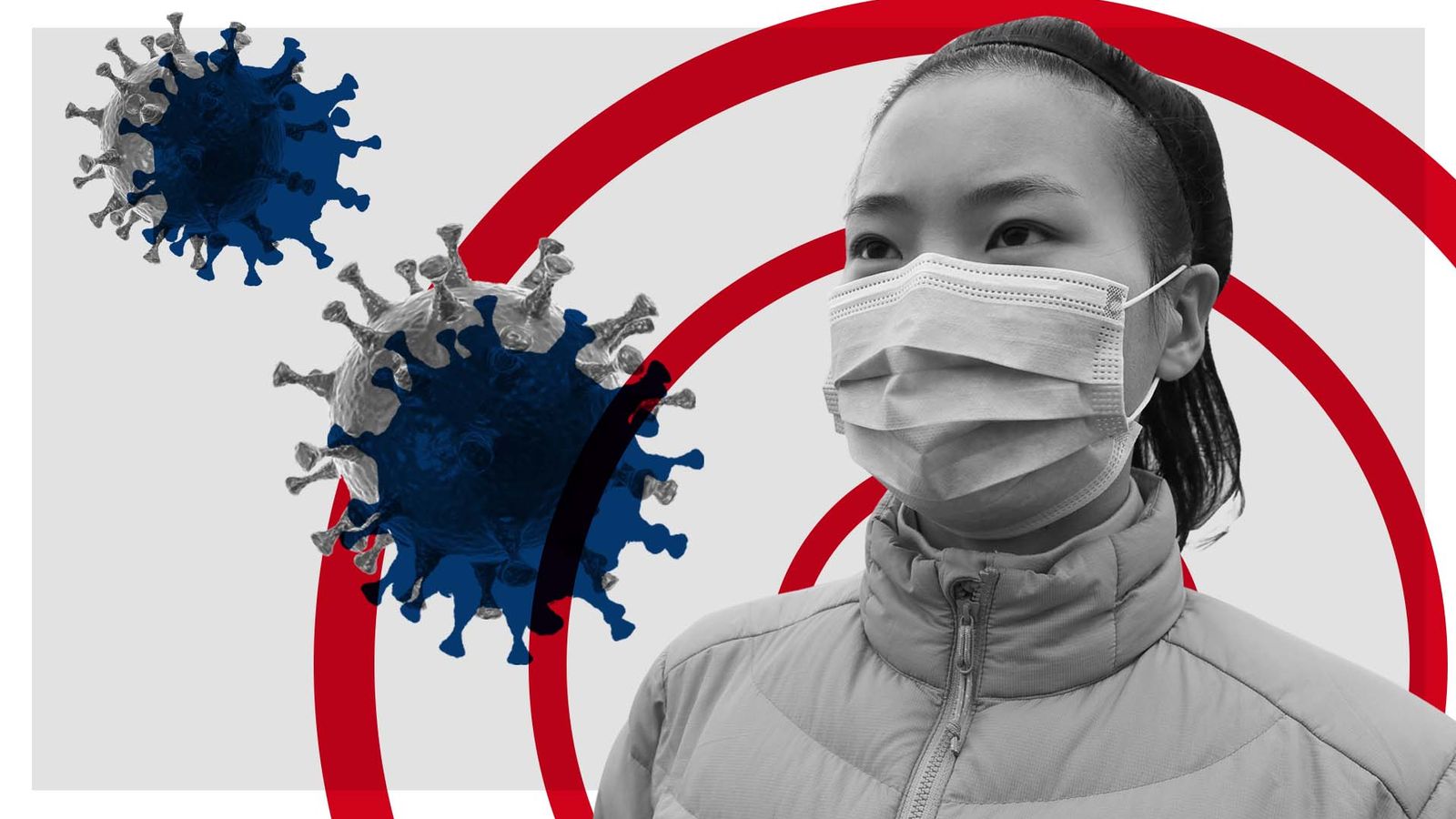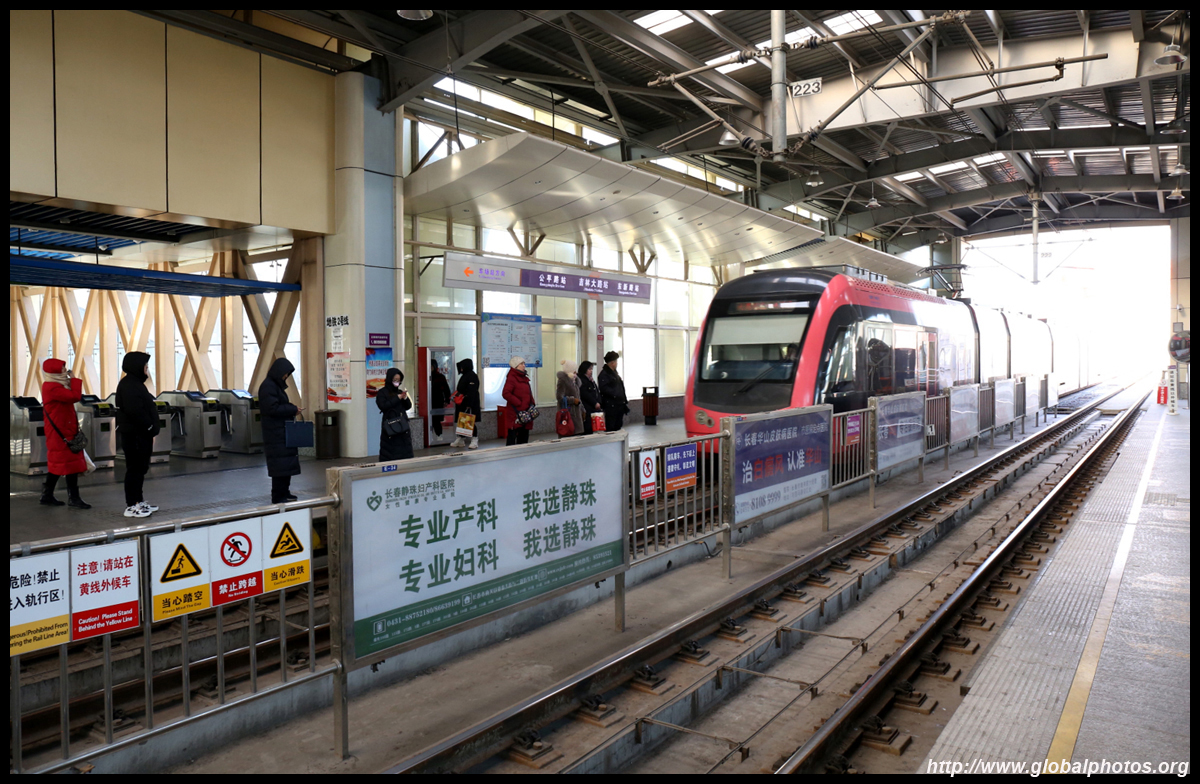The Basics of Wuhan Coronavirus
Transmission and Incubation Period
The Wuhan coronavirus can spread through droplets that are emitted from an infected person’s cough or sneeze. Touching surfaces that have been contaminated and then touching one’s mouth, nose or eyes can also result in transmission. The typical incubation period for the virus is around two weeks, according to health experts. However, some reported cases have shown incubation periods of up to 24 days.

Cases Beyond China
While the majority of cases so far are still confined to mainland China, there have been cases reported in five other countries as of January 22nd, 2020. These countries include Thailand, Japan, South Korea, Taiwan and the United States. International health authorities are closely monitoring the situation and implementing screening measures at major airports.
Precautionary Measures
Some recommended precautions to reduce risk of exposure include wearing a surgical face mask in public areas, frequent hand washing with soap and water or alcohol-based hand sanitizers, avoiding touching the face and practicing respiratory hygiene when coughing or sneezing. It is also advisable to maintain a safe distance from others who appear ill and to avoid visiting hospitals or live animal markets in affected areas if possible.
Evaluating the Risk in Shenzhen
Minimial Risk in Shenzhen Currently
While cases of the Wuhan coronavirus continue to emerge in mainland China, I would assess the risk of contracting the virus through a visit to Shenzhen as minimal at this point in time. As an international transportation hub and economic center, Shenzhen sees far fewer residents and less travel during Chinese New Year compared to other regions in China that people may be returning home to.
Still Exercise Precautions
However, taking basic precautions is still recommended when visiting Shenzhen or any areas in China during this outbreak. In addition to those mentioned above such as masks, hand hygiene and avoiding contact with the ill, it is advisable to avoid crowded spaces as much as possible given the risk of airborne transmission in densely populated areas. Monitoring one’s health closely in the two weeks following any travel is also a wise approach.
Assessment of Risk in Vietnam
Potential Risk in Densely Populated Areas
As an individual currently based in Vietnam, I would say there is potential for higher exposure risk to the Wuhan coronavirus in the country due to its high population density compared to other Southeast Asian nations. Major urban centers in Vietnam see extremely dense daily interactions among residents and visitors.
Precautionary Measures Are Effective
However, following precautionary measures such as frequent hand washing, avoiding touching the face, practicing good respiratory etiquette and wearing a face mask in public can significantly reduce the likelihood of transmission even in crowded conditions. As the virus is still largely contained within China, these preventive behaviors are highly recommended for all within Vietnam and the greater region at this stage of the outbreak.
Lonely Planet’s Travel Advice
Overview of Lonely Planet’s Recommendations
Lonely Planet, a leading travel publisher, has provided timely and practical guidance on issues related to traveling amid the Wuhan coronavirus spread. Their recommendations include avoiding all non-essential travel to Hubei Province, closely monitoring one’s health for 14 days after travel to China using monitoring forms from local health departments and practicing enhanced hygiene measures.
Balanced Assessment of Risks
Lonely Planet takes a balanced approach, outlining both potential risks based on the facts known yet also tempering concerns by emphasizing the low numbers of confirmed cases outside of China. By focusing travelers on precautionary behavior over fear or panic, their advice equips individuals with the knowledge needed to make informed decisions during this uncertain period.
Conclusion
To conclude, while the Wuhan coronavirus poses a serious public health issue, following basic hygiene practices and monitoring one’s health can significantly reduce risks of infection for individuals within affected regions or those traveling to them. International authorities and publishers like Lonely Planet are providing timely guidance to empower people with information rather than anxiety. As the outbreak continues evolving, exercising caution paired with fact-based vigilance seems the most measured overall approach.

 Public Transportation in Changchun: An Insight into Its Strengths and Weaknesses
Public Transportation in Changchun: An Insight into Its Strengths and Weaknesses